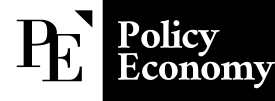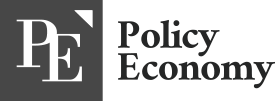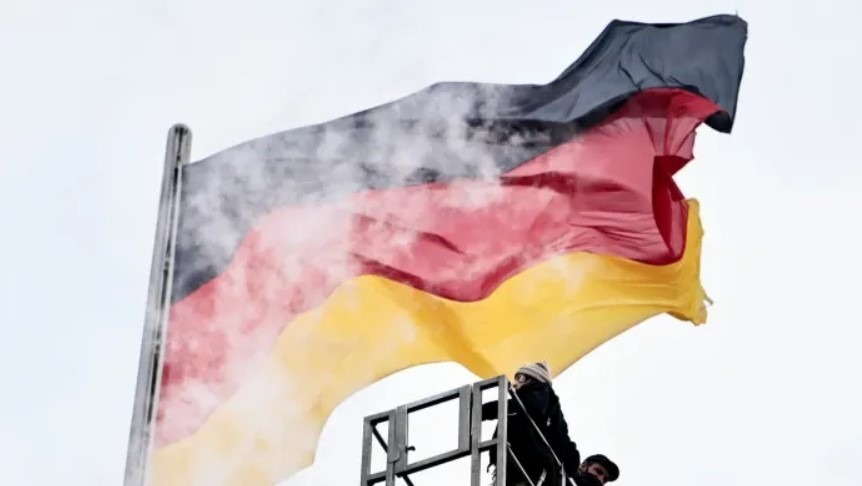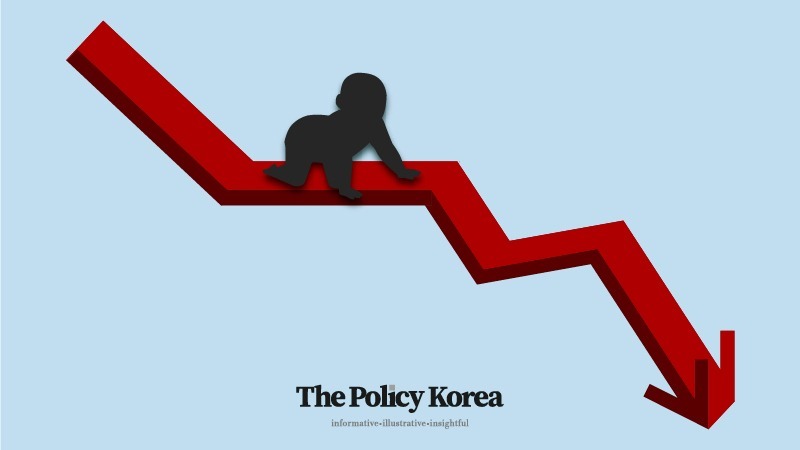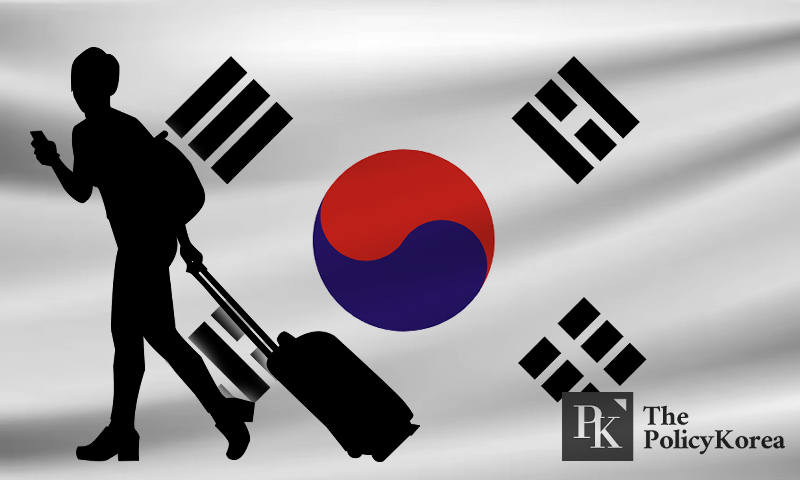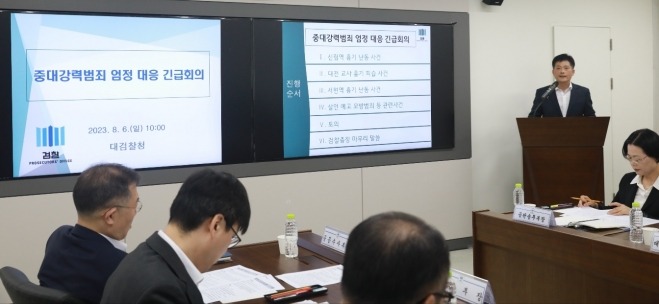[동아시아포럼] 하던 거나 잘 하자는 2023년 북한의 경제정책
코로나 이전 수준으로 회복될 북한 경제 새 친구 러시아, 중국과의 단일 외교에서 벗어나는 북한 중산층 성장 원치 않아… 계속 고통받을 북한 사람들
[동아시아포럼]은 EAST ASIA FORUM에서 전하는 동아시아 정책 동향을 담았습니다. EAST ASIA FORUM은 오스트레일리아 국립대학교(Australia National University)의 크로퍼드 공공정책 학교(Crawford School of Public Policy) 산하의 공공정책과 관련된 정치, 경제, 비즈니스, 법률, 안보, 국제관계 및 사회에 대한 분석 및 연구를 위한 플랫폼입니다.
저희 폴리시코리아(The Policy Korea)와 영어 원문 공개 조건으로 콘텐츠 제휴가 진행 중입니다.

벤저민 카체프 실버스타인(Benjamin Katzeff Silberstein) 박사는 주로 한반도와 동아시아 지역에 초점을 맞춘 외교정책연구원(Foreign Policy Research Institute)의 부교수입니다. 미국 펜실베이니아대에서 북한의 감시와 사회통제 역사를 연구하고 있으며 북한경제감시기구의 공동편집자입니다. IHS Jane’s Intelligence Review, The Diplomat 등의 출판물에 정기적으로 한국 문제를 게재하고 있습니다. 이전에는 언론인으로 활동했으며, 스웨덴 국제개발협력부 장관의 특별자문역을 역임한 바 있습니다.
2022년 초만 해도 북한의 전략적 입지는 암울했다. 북한의 ‘국가비상방역체계’는 중국과의 국경을 거의 완전히 폐쇄하고 무역을 사상 최저 수준으로 끌어내렸다.
중국이 북한산 석탄 수입과 북한에 석유제품 수출을 금지하는 유엔 제재를 완화하고 있다는 징후가 강하다. 그러나 북한에 경제적으로 의미가 있을 정도로 빠르게 일어나고 있지는 않다.
2023년으로 접어들면서 북한의 상황이 달라지고 있다. 큰 희생 없이 경제적 이익을 얻을 기회가 생겼다. 1972년 리처드 닉슨 미국 대통령의 중국 방문 이후, 중국과 미국 간의 긴장이 전례 없는 수준에 이르렀다.
가장 중요한 것은 우크라이나에 대한 러시아의 충동적 침공이, 2021년 말에 가능했던 것보다 더 빠르고 확고하게 세계를 양극화시켰다는 점이다. 세계의 양극화는 북한에 있어서 호재다. 국제사회의 분열로 북한에 대한 압박이 줄어들어 핵무기를 유지하는 동시에 러시아, 중국과의 교역 증대를 통한 경제성장도 잠재적으로 가능하기 때문이다.
북한의 정치 체제는 중국을 제외하고는 동맹 하나 없는 국제적 외톨이 처지에서 살아남기 위해 적응해 왔지만, 이제 더 많은 국가의 합류로 이러한 외톨이 신세에서 벗어나는 분위기다.
러시아와 중국 모두 북한에 관한 국제 시스템과의 협력 관계를 유지하기 위해 노력해왔다. 이를테면 유엔 안전보장이사회에서 북한에 대한 제재에 동의하고 시행하겠다고 약속했다. 양국이 실제로 이를 실행하고 있는지는 항상 의심스러웠지만, 두 나라 모두 적어도 북한의 핵무기 실험에 대한 미국의 반응을 진정시키기 위해 충분한 노력을 기울이고 있는 것으로 보이기를 원했다.
동시에, 북한에 친밀함을 표하는 것에 대해 양면적인 태도를 보였던 중국과 러시아 모두 이전보다 훨씬 더 공개적으로 북한을 받아들였다. 일례로 러시아에서는 유엔 제재에 위반됨에도 불구하고 더 많은 북한 노동자들을 러시아로 초청하는 것에 대해 공개적으로 언급했으며 심지어 일부 관리들은 러시아가 대북 제재를 아예 전면 중단할 것을 촉구하기도 했다.
이 모든 것은 북한의 현재 경제정책 계획과 밀접하게 연관되어있다. 농업 분야에 대한 실험적 개혁과 기업 경영의 분권화가 최우선 의제였던 김정은의 집권 초기 시절 그가 어떠한 경제 체제를 구상했는지는 알 수 없다.
어떤 경우든지 간에 북한 정권이 중국과 러시아에 상품과 노동력을 수출하는 등 전통적인 외화벌이 방식을 이어가기 위해 의도적이고 계산적인 결정을 내린 것으로 보인다. 또한 이러한 형태의 무역에 대한 국가적 통제를 강화하고 있다. 중국과 러시아와의 관계를 강화함으로써, 그 정권은 잠재적으로 위험한 일종의 경제정책 실험을 피하면서 외화 수입 증가를 목표한다.
2023년, 북한은 오랜 동맹국들 사이에서 오래되고 안락한 자리를 깔고 앉아 미래를 향해 나아간다. 러시아와 중국이 미국과 협력할 가능성이 훨씬 낮고 한국과 일본이 북한의 무기 실험을 제재하는 경향이 적은 상황에서, 북한은 새로운 제재의 위험 없이 미사일과 핵무기를 시험해 기술을 더욱 완벽하게 만들 수 있을 것이다.
북한의 경제정책과 무역수지가 어떻게 될지는 확실하게 예측하기 어렵지만, 중국의 값싼 석탄 수요가 늘면서 중국과의 교역이 코로나19 이전 수준으로 돌아가거나 심지어 넘어설 수 있다. 또한 유엔의 제재를 위반하고 더 많은 북한 노동자들이 러시아 본토나 우크라이나 동부 점령지와 같은 러시아의 지배하에 있는 영토로 보내질 수도 있다.
러시아와의 긴밀한 관계는 주요 경제 파트너인 중국에서 벗어나 국제 교역을 다각화하려는 북한의 오랜 목표에 도움이 될 수 있다. 다만 러시아와의 교역이 늘어날 가능성은 제한적이며 러시아가 북한으로부터 의미 있는 수준의 양으로 수입을 원하는 것이 무엇인지는 불문명하다. 따라서 이러한 변화가 북한 경제에 그리 유의미하진 않을 것이다. 북한 경제가 2023년부터 반등하기 시작할 가능성이 크지만 단기적으로 얼마나 개선될지는 미지수며, 대부분의 평범한 북한 가정의 생활은 그리 나아지지 않을 것이다. 최근 김정은이 전원회의 연설에서 많은 경제적 난관을 강조했지만, 상대적으로 미미한 성과를 자축했던 것을 미루어 볼 때 북한의 올해 경제전망은 여전히 어둡다.
북한 경제가 COVID-19 이전 상태로 회복되더라도, 그 수준을 넘어서는 큰 성장이 있을 것 같지는 않다. 당분간, 북한은 천연자원, 노동력, 러시아와 중국에 대한 제한된 수출 이상의 선택지가 없다. 무역 증가로 가장 큰 이익을 얻을 분야와 산업은 국가가 여전히 지배하고 있고 김정은이 경제에 대한 국가의 통제를 강화함에 따라 더욱 그렇게 할 것이다.
그러나 북한 지도부는 경제성장을 촉진하기보다는 사회적 안정을 유지하는 것이 가장 중요한 목표라고 판단한다. 이런 정책적 기조는 너무 많은 부를 가진 중산층이 정치적 위협이 될 수 있어서 경제성장을 촉진하는 것보다 사회적 안정을 유지하는 것이 더 중요하다는 북한 지도부의 믿음의 결과일 것이다. 북한 지도부는 다른 경제 옵션을 추구하는 것보다 러시아, 중국과 연대하는 것을 더 안전한 선택으로 보고 있다.
North Korea goes back to its roots and into 2023
At the beginning of 2022, North Korea’s strategic position looked bleak. The regime clung to its zero-COVID claim, leading to an almost total closure of the border with China and bringing trade to record lows.
There were strong indications that China was easing up on enforcing the UN sanctions that ban it from importing North Korean coal, as well as the sanctions that prevent it from exporting oil products to North Korea. But none of this was happening fast enough for it to be economically meaningful to North Korea.
As we enter 2023, North Korea faces a very different landscape — one of opportunities for economic gain without much sacrifice. Tensions between China and the United States and its allies have reached heights unprecedented since US President Richard Nixon’s visit to China in 1972.
Most significantly, Russia’s unprovoked assault on Ukraine has polarised the world faster and more resolutely than seemed possible in late 2021. In the long run, this development will likely help North Korea avoid having to choose between possessing nuclear weapons and achieving some level of economic development.
North Korea’s political system has largely adapted to survive in the international cold, with no real friends or partners, arguably aside from China. But the international cold is beginning to warm as more countries join it.
Both Russia and China have sought to maintain some sense of cooperation with the international system when it comes to North Korea — agreeing to sanctions against the country in the UN Security Council and pledging to enforce them. Actual enforcement by both countries has always been questionable, but both have wanted to be seen to be making sufficient efforts — not least to calm US reactions to North Korean weapons tests.
At the same time, both China and Russia — previously ambivalent about their closeness to North Korea — have embraced Pyongyang much more openly. Russian officials have spoken frankly about inviting more North Korean workers to the country, in violation of UN sanctions, and some have called for Russia to stop enforcing the sanctions altogether.
All this ties in closely with North Korea’s current economic policy plans. We may never know what sort of economic system North Korean leader Kim Jong-un envisioned in the beginning of his tenure, when experimental reforms in agriculture and decentralisation of enterprise management were on top of the agenda.
Whatever the case, it seems the regime has made a calculated decision to double down on its long-standing ways of making foreign currency — exporting goods and labour to China and Russia. State control is particularly strong within these forms of trade and the regime is further increasing its control. Stronger ties with China and Russia will enable the regime to increase its foreign currency income while avoiding potentially risky experiments in economic policy.
In 2023, North Korea finds itself moving toward the future by going back to its roots and securing its place among old allies. With Russia and China far less likely to work with the United States and South Korea and Japan less inclined to sanction and prevent North Korean weapons tests, North Korea will be able to further perfect its technology by testing missiles and nuclear weapons without the risk of new sanctions.
Trade with China will likely move toward pre-COVID-19 levels, perhaps even surpassing them, as China’s demand for cheap coal increases. More North Korean workers will likely be sent to Russian-controlled territories, whether Russia proper or occupied eastern Ukraine.
Closer ties with Russia can also serve North Korea’s long-standing goal of diversifying away from China, its primary economic partner. But increased trade with Russia comes with limits and it is unclear what Russia would want to import from North Korea in any meaningful quantities. These changes will not transform the North Korean economy. Although the North Korean economy will likely begin to rebound in 2023, it remains unclear how much it will improve in the short run. Most ordinary North Koreans may not see much change in their immediate economic circumstances during the year. Judging by Kim Jong-un’s plenary address at the beginning of the year, which highlighted many economic difficulties and celebrated few successes, the regime’s own economic outlook for the year remains bleak.
Even when the North Korean economy does move closer to its pre-COVID-19 state, any significant growth beyond this level remains unlikely. For the time being, North Korea has relatively little beyond its natural resources, labour force and limited exports to Russia and China. The areas and industries that will benefit the most from any increased trade are the ones where the state still dominates and will do so even more as Kim Jong-un tightens the state’s grip over the economy.
But the North Korean leadership believes that, at least for now, social stability only requires keeping the economy afloat, not serving up serious growth. A middle class growing too wealthy may even pose a political threat. Aligning itself fully and closely with China and Russia is a much safer option than an unclear alternative path.
